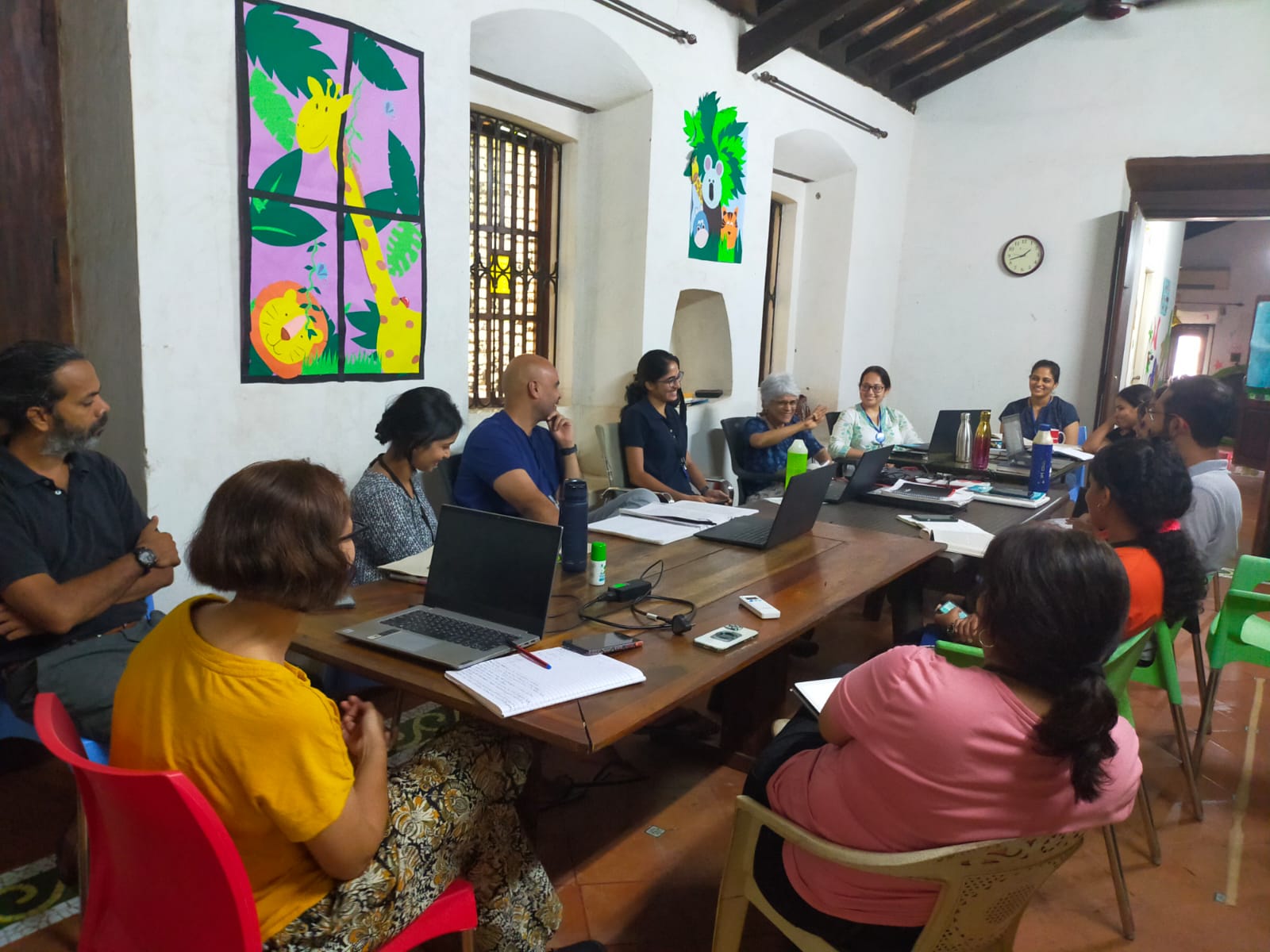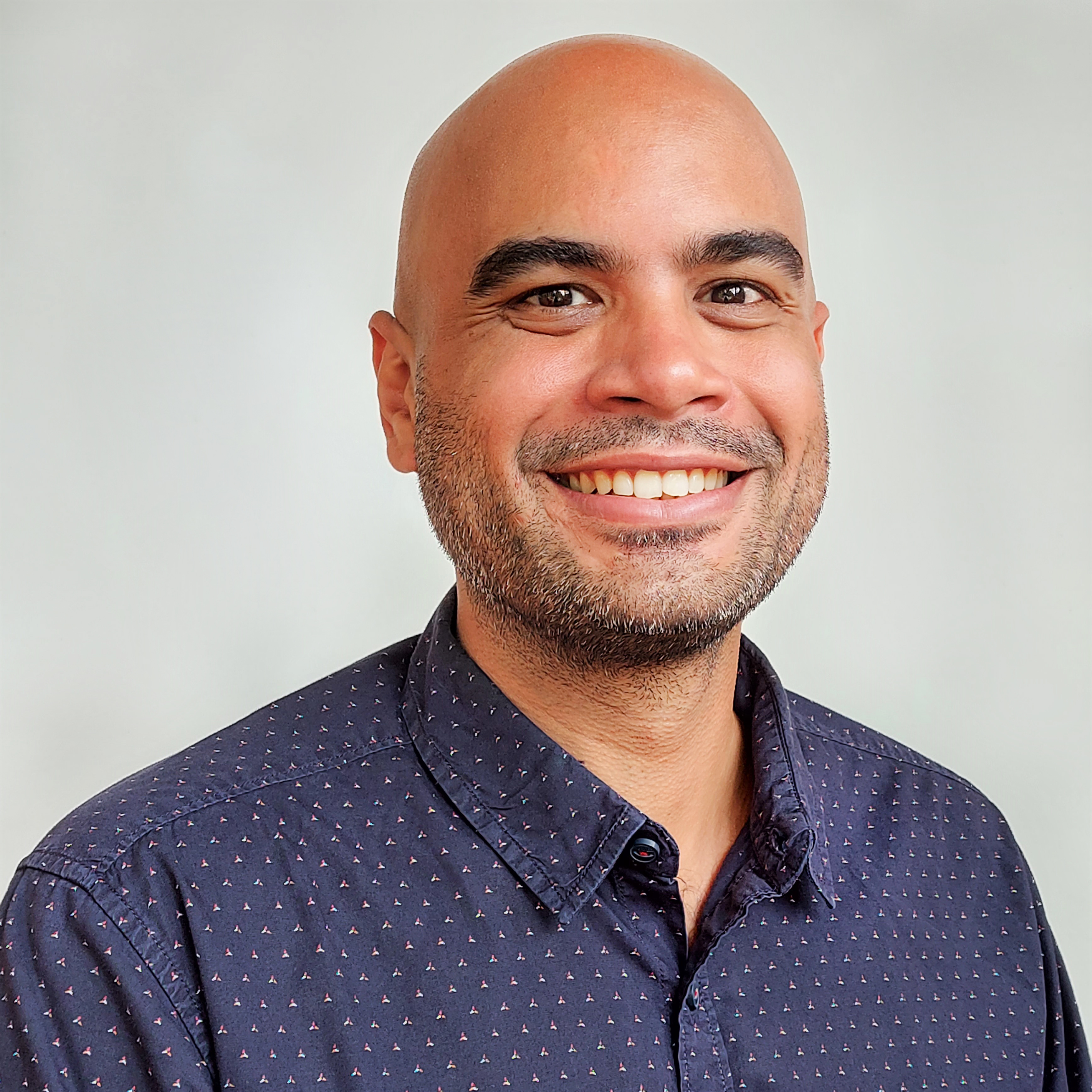Reading Our Way to Change
Aug 26, 2025


Senior Autism Interventionist and Coordinator, Head - AATISH
At Sethu, a centre for child development and family guidance in Goa, we value ongoing professional development. One of our current priorities is to become more strengths-based and neurodiversity-affirming.
Like many nonprofits, we face real constraints—trainings are expensive and time-consuming, and often only a few members can attend them. We wanted something different—something that would be low-cost, informal, and inclusive of our whole team. That’s how our book club began.
In early 2024, nine of our autism interventionists from a variety of professional backgrounds came together to read Uniquely Human: A Different Way of Seeing Autism by Dr Barry Prizant. The choice of book was intentional, as it explores autism through a compassionate, human lens, aligning perfectly with the shift we wanted to make.
We met weekly over lunch, discussing one chapter at a time. Each session was guided by three simple questions: What did I learn? What can I do differently in my work? What can we do differently as a team?
The idea of the book club worked because of its simplicity. There were no experts and no costs, just an hour each week carved out for reflecting and learning together. Slowly, change began to take root.
One team member shared, “I used to think certain behaviours in autistic children needed to be stopped. Now I ask why they’re happening.” Another reflected, “One key shift for me has been in caring for the caregivers. I help caregivers recognise how closely their physical and mental well-being is tied to their child’s development, and discuss simple, practical ways to care for themselves.”
For example, the book helped us understand echolalia (repeating words and phrases heard from others) as an important form of communication rather than just another ‘autistic behaviour’. We learned that autistic people can have a powerful emotional memory, and their past experiences deeply shape present-day reactions. We began changing our language: ‘obsessions’ became ‘enthusiasms,’ ‘stimming’ became ‘self-regulation’. These weren’t just semantic tweaks; they marked a real shift in how we viewed autistic people.
This shift extended to our interventions. Sessions became more joyful and flexible. We planned activities around what children enjoyed, not just what we thought was ‘therapeutic’. One clinician started opening sessions with the question, “What brings your child joy?”
We also began supporting parents differently—acknowledging their stress, celebrating their strengths, and making space to talk about their own needs, not just their child’s.
In the end, the book club gave us something we hadn’t even realised we were missing—a shared way of thinking and growing. It brought our team closer, and made our work more intentional—all this without any funding, external expertise, or fancy infrastructure. For us, it changed not just how we support autistic people, but how we work with one another.
For any organisation that is trying to build a stronger, more thoughtful practice, our advice would be to start small. Pick a book. Make time. Ask honest questions. And let the learning emerge from within.